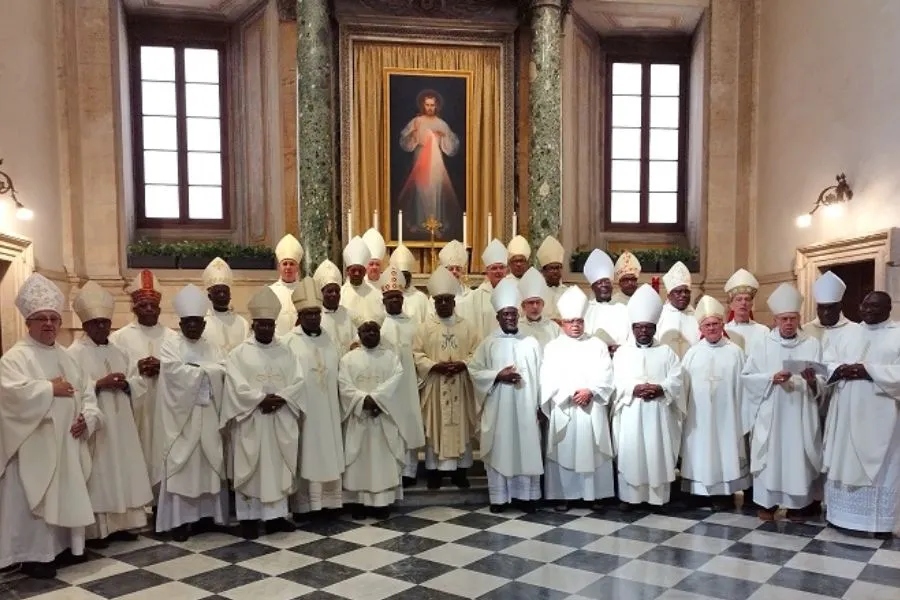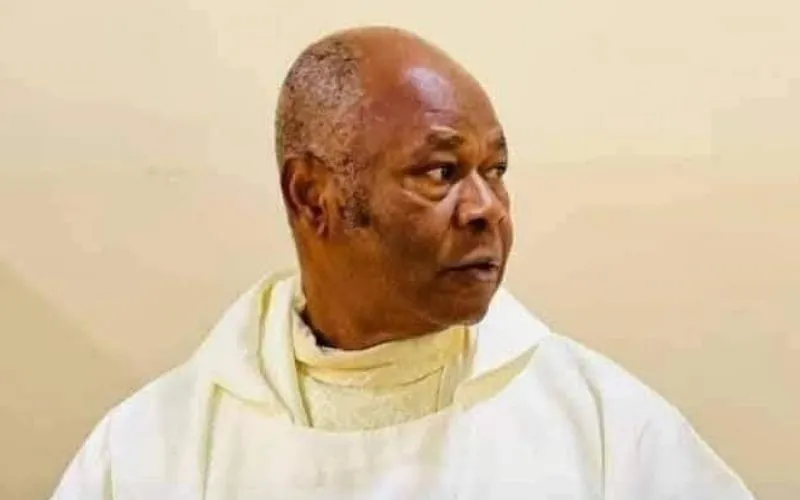Johannesburg, 16 August, 2023 / 9:55 pm (ACI Africa).
In South Africa, abortions are on the rise even though the vice is not being broadcast in public, the Bishop of South Africa’s Mthatha Diocese has said, and decried what he terms as “invisible abortions” in the country.
Speaking during the Southern African Catholic Bishops’ Conference (SACBC) August plenary that is being held at Mariannhill Retreat House, Bishop Sithembele Sipuka urged the Bishops in the region to pay particular attention to the rise in cases of teen mothers and pregnancies among the populations they serve.
“One visible consequence of the sexual activity of young people is that many girl children have babies. The other consequence, which is invisible and, therefore, difficult to determine its extent, is abortion,” Bishop Sipuka said on Tuesday, August 15 in his welcome remarks at the plenary.
The President of SACBC added, “I notice that the posters for backstreet abortion have virtually disappeared, certainly in the area where I come from. But that does not mean that abortion is not taking place.”
He expressed concern that new entries in baptismal registers in the region “continue to remain blank in the space where the baby’s father is supposed to be written.”








